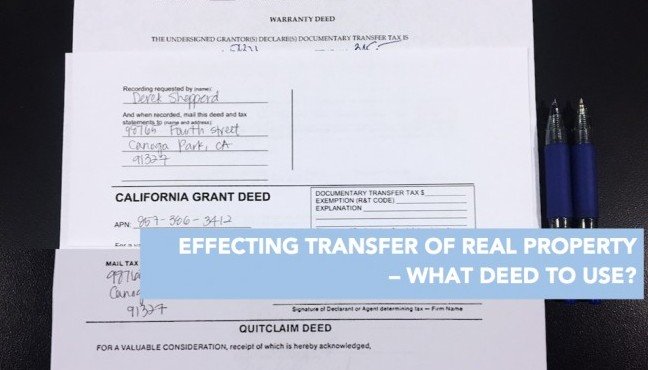

Updated on August 28, 2023
In the realm of real estate transactions, a California special warranty deed emerges as a crucial legal instrument. it enables the smooth transfer of property ownership while offering robust safeguards against potential claims and liens that may have arisen during the grantor’s ownership period. With this unique type of property deed, the buyer, or grantee, gains valuable assurance as they embark on acquiring real property.
However, to ensure a seamless transfer of real property, it becomes imperative for the grantee to conduct a comprehensive title search, unveiling any lingering claims before finalizing the transaction. In this article, we will explore the intricacies of the California special warranty deed, shedding light on its significance and the steps involved in successfully transferring property title under its protective umbrella. So, let’s delve into the different types of deeds and unlock the essence of this vital legal process within the California real estate landscape.
The purpose of the deed is to used when transferring property or title. Below are four types of deeds that can be used to transfer title, each of them serving for different purposes:
The “grant deed” is the document most commonly used to transfer title to real property in California. When a grantor executes a grant deed, he or she impliedly promises:
The “warranty deed” is like a grant deed, except that it contains additional promises. Specifically, a warranty deed expressly warrants the title to the property and the quiet possession of the property the grantee. Therefore, by executing a warranty deed, a grantor is agreeing to defend the property against any unlawful claim. Because of the prevalence of title insurance, warranty deeds are infrequently used in California.
The third type of deed is a “quitclaim deed” A quitclaim deed transfers to the grantee whatever right, title, and interest the grantor had in the property at the time he or she executed the deed. Unlike a grant deed or a warranty deed, a quitclaim deed does not contain any implied covenants or promises.
At Schorr Law, Our real estate lawyers in Los Angeles have experience with a variety of real estate matters, including property ownership transfers and deeds. To inquire about a free 30-minute consultation, you can call us directly at (310) 954-1877, text us at (310) 706-2265, or send us a message.